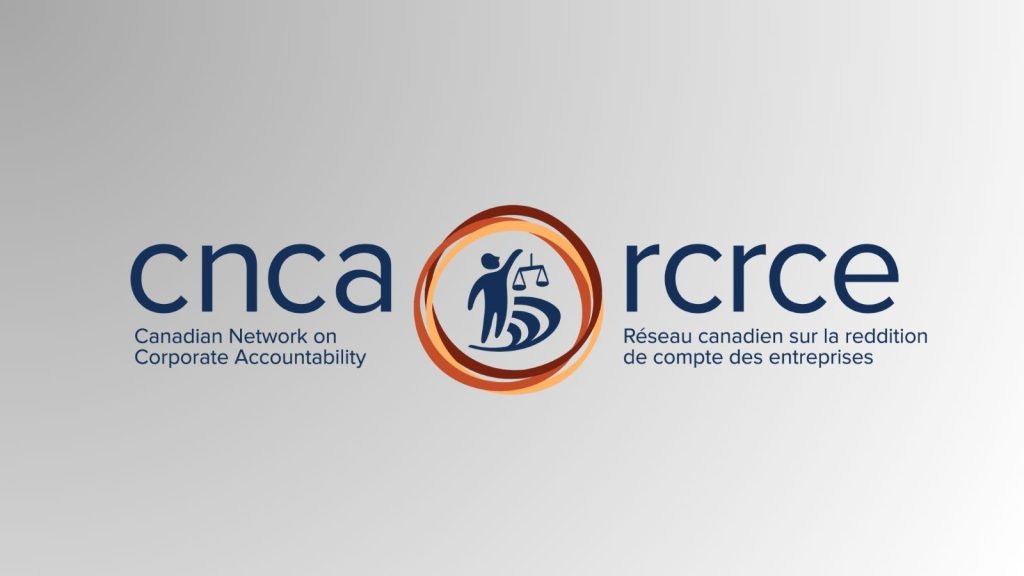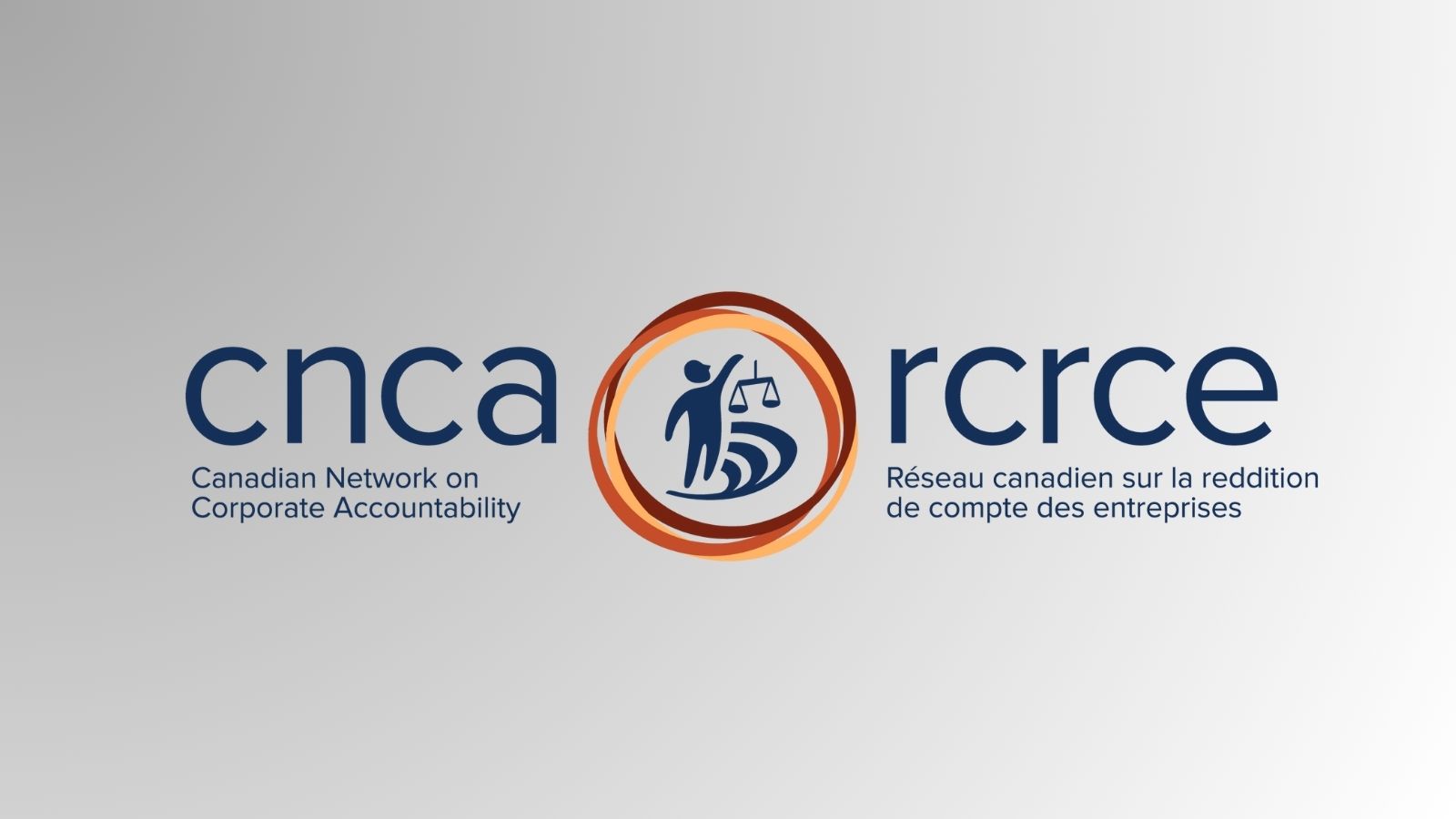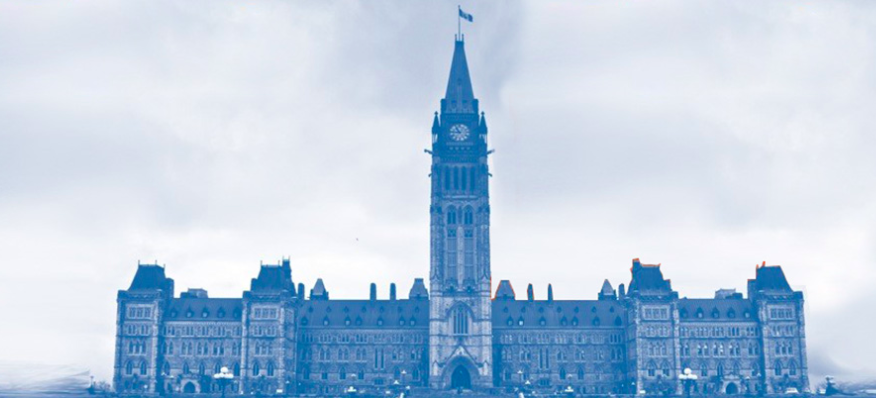Opinion piece by CNCA member Above Ground’s director Karyn Keenan, published in The Hill Times
UN experts, having just completed a mission to Canada, are urging the Canadian government to take a tougher line on business-related human rights violations.
Among other recommendations, the UN is calling for the creation of an extractive industries human rights ombudsperson that is independent and well resourced, with the power to investigate allegations, conduct fact-finding, and enforce its orders.
Industry spokespeople argue the ombudsman should be limited to facilitating joint fact-finding processes, agreed upon voluntarily by companies and complainants. In other words, the government would continue to rely solely on confidential, dialogue-based processes to address claims of abuse—as it has for years, through the review processes of two dispute resolution offices.
But not all grievances can be resolved through dialogue. Even when mediation leads to agreement, the results may fall far short of resolving the dispute.
Case in point: Barrick Gold. Years ago, Canada’s National Contact Point (NCP) oversaw mediation between the firm and villagers living near its Porgera mine in Papua New Guinea, who complained of harmful mining practices and systemic violence by security forces. While the company and complainants struck an agreement through the NCP process, these grievances persist today. In recent months, locals have alleged police brutality and a fatal shooting by guards at the mine.
“Dialogue offered by the NCP is not useful when there is no trust at all,” one of the complainant groups wrote in a letter to our prime minister calling for an ombudsman. “…our people are very much weaker than the company, we don’t always speak English, we don’t always have much education, we cannot have effective and fair dialogue under those circumstances.”
The reply from the Prime Minister’s Office indicates that Justin Trudeau will “leave the matter to be considered by [International Trade] Minister [François-Philippe] Champagne.”
Nor have changes made in 2014 to the government’s strategy made any documented difference to companies’ willingness to participate in mediation.
Recent developments suggest that the government’s policy of withholding support from companies that won’t engage in dialogue through the NCP or the Office of the Corporate Social Responsibility (CSR) Counsellor is not being consistently applied.
Last October, the NCP determined that a complaint concerning Ottawa-based Sakto Group was “material” and “substantiated,” offering the parties “dialogue facilitation.” Then in March, the NCP declared that it would not offer its offices for mediation after all. It gave no reason for this decision. Its draft final statement makes no mention of the earlier offer, Sakto’s response, or any penalty being applied to the company for refusal to participate. (Its draft final statement indicates that it met with the parties but did not provide a meaningful reason why it would not facilitate a dialogue, nor did the statement mention any penalty being applied. One obvious explanation for the NCP not proceeding is that Sakto refused to participate further. If this is the case then why no penalty?)
Only one company has ever faced the prospect of the penalty being applied. Two years ago, after China Gold refused mediation with complainants who asserted that the company’s practices contributed to the deaths of 83 workers, the NCP declared that this refusal will be “taken into consideration” if the company applies for government support. To avoid this penalty, China Gold needn’t show that the allegation was unfounded, nor that its operations comply with OECD standards. All it would have to do is agree to dialogue.
As for the CSR counsellor, the office focuses primarily on educating and advising companies. Its latest annual report describes the counsellor “screening situations” and responding to “requests for assistance,” but details about the process and results of such interventions are so scarce, it’s impossible for the public to tell what is being achieved.
While Canada may be the only country to impose a penalty on companies that don’t engage in dialogue, other countries are introducing penalties for companies that cause harm.
Norway’s public pension fund will not invest in corporations involved in serious violations of environmental standards, human rights, or other ethical norms. (Its exclusion list includes at least two Canadian firms.)
In France, large companies will soon be required, under a new law, to publish and implement plans to stamp out the risk of human rights abuse throughout their operations and supply chains. Under the law, a company can be held liable for harms caused abroad that could have been avoided had the company implemented such a plan.
For years, the Canadian government has spoken of its “expectation” that Canadian companies will meet the “highest ethical standards” when operating abroad. It’s time to create a mechanism capable of finding out if this expectation is in fact being met, in a sector where significant risk of human rights abuse is well documented.





